Panel: Metadata that Sustains Local Archives for the Global Community
- Starts at
-
03 Oct 22 21:45 UTC - Finishes at
-
03 Oct 22 23:30 UTC - Venue
- Virtual Conference Room B
- Moderator
- Wayne de Fremery
Moderator
-
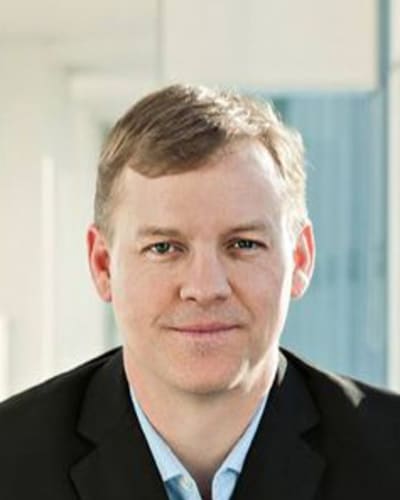
Wayne de Fremery
Dominican University of California
Wayne de Fremery is Professor of Information Science and Entrepreneurship, as well as Director of the Francoise O. Lepage Center for Global Innovation, at Dominican University of California. Previously, he was an associate professor of Korean Studies in the School of Media, Arts, and Science at Sogang University in South Korea, where he has lived for twenty years. He currently represents the Korean National Body at ISO as Convener of a working group on document description, processing languages, and semantic metadata (ISO/IEC JTC 1/SC 34 WG 9).
Presentations
Panel: Metadata that Sustains Local Archives for the Global Community
Small and medium-sized libraries, archives, and museums (LAMs) around the world do not often have access to metadata resources or specialists. To create an easy to access, open standard for metadata that can be utilized by small and medium-sized LAMs, this panel brings together experts from around the world to formulate a robust, flexible metadata standard that can sustain local archives by enabling them to more easily describe, administer, preserve, and utilize their resources, as well as share them with the global community. The panel is envisioned as a workshop session where speakers will present their arguments for how best to support local archives. They will then, with feedback from each other and the audience, attempt to draft an open standard for metadata that can be utilized by small and medium-sized LAMs. Organizers envision including a description of the new open standard in a book project tentatively titled Paying our Debts to Memory: Sustaining Local Archives for the Global Community.
-
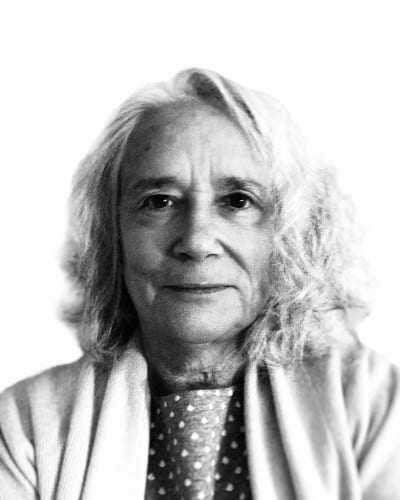
Karen Coyle
kcoylenet
Karen Coyle is a librarian with decades of experience with metadata. Karen has been active in the development and management of metadata standards serving a variety of communities. She is currently investigating the possibilities offered by the semantic web and linked data technology, working with the Dublin Core Metadata Initiative and taking part in standards efforts of the World Wide Web Consortium.
-
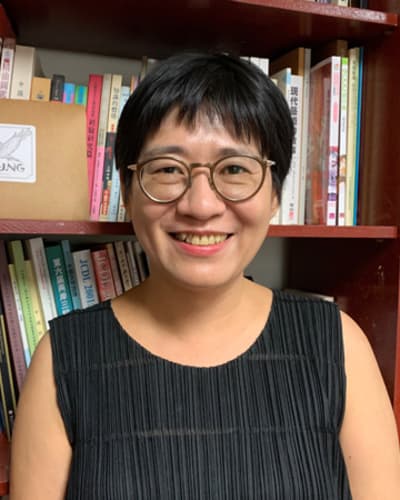
Sophy Shu-Jiun Chen
Academia Sinica
Sophy Shu-Jiun Chen is the Assistant Research Fellow at the Institute of History and Philology, Academia Sinica, and also the Executive Secretary of Academia Sinica Center for Digital Cultures(ASCDC). She received her M.A. degree in Information Studies from the University of Sheffield, UK in 1997, and Ph.D. degree in Library and Information Science from the National Taiwan University in 2012. Dr. Chen is also an Adjunct Assistant Professor of the Department and Graduate Institute of Library and Information Science, National Taiwan University. Her research interests include digital libraries, metadata, ontologies, Linked Data, knowledge organization, and digital humanities. She initiated the Research Project of Chinese-language AAT (Art & Architecture Thesaurus)( https://aat.teldap.tw/) with the Getty Research Institute, USA since 2008, and the Linked Open Data Lab in Academia Sinica (https://lodlab.ascdc.tw/).
-
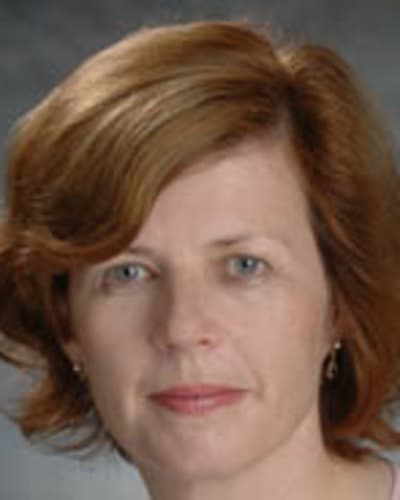
Anne J. Gilliland
University of California, Los Angeles
Anne Gilliland is a Professor in the Department of Information Studies and Director of the Center for Information as Evidence at the University of California Los Angeles (UCLA) School of Education & Information Studies. She is also Coordinator of the Rights in Records in Displacement and Diaspora Network (RRDDN). Her interests relate broadly to the history, nature, human impact, and technologies associated with archives, recordkeeping and memory, particularly in translocal and international contexts, with a focus on metadata; digital recordkeeping and computational archival science.
-

Wayne de Fremery
Dominican University of California
Wayne de Fremery is Professor of Information Science and Entrepreneurship, as well as Director of the Francoise O. Lepage Center for Global Innovation, at Dominican University of California. Previously, he was an associate professor of Korean Studies in the School of Media, Arts, and Science at Sogang University in South Korea, where he has lived for twenty years. He currently represents the Korean National Body at ISO as Convener of a working group on document description, processing languages, and semantic metadata (ISO/IEC JTC 1/SC 34 WG 9).
-
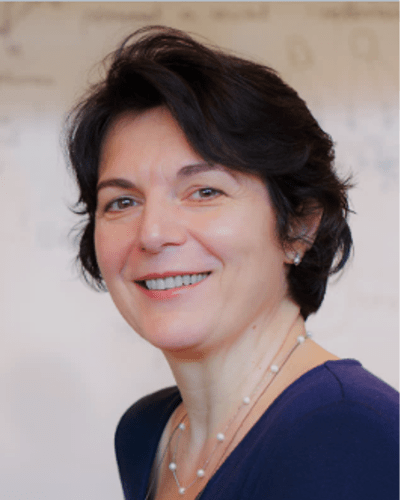
Natasa Milic-Frayling
Intact Digital, University of Nottingham
Dr Natasa Milic-Frayling is a Founder and CEO of Intact Digital Ltd, a company that provides a platform and services for hosting legacy software installations to enable long-term digital data readability and use. Intact Digital works with highly regulated sectors such as Pharma and Life Sciences to support compliance with the data integrity regulations, reconstruction of research studies and reproducibiity of data analyses.
Natasa has 25 years of experience in computer science research and innovation, including 17 years at Microsoft Research. She authored over 100 research publications and has a dozen of approved patents to her name. She is Professor Emerita at the University of Nottingham where she spent 5 years serving as Chair of Data Science and contributing to the University research strategy on Data Science and AI.
Natasa is actively engaged with a broader professional community on critical issues that arise from inter-disciplinary use of digtial technologies ranging from professional ethic, privacy and design transparency to digital obsolescence and responsible innovation. She served as a member of the Association for Computing Europe Council and as Chair of ACM Women Europe. She is an active member of the Preservation Sub-Committee within the UNESCO Memory of the World Programme and serves as Chair of the Research and Technology Working group for the UNESCO PERSIST project.
Through Intact Digital, Natasa is working on effective and sustainable solutions for long-term use of software technologies needed for continued use of digital content, reproducibility of data analyses and responsible innovation in computing.
In her research career, Natasa specialized in inter-disciplinary design, prototyping, and evaluation of information and communication systems, leveraging advances in machine learning, AI and large scale data analytics. -
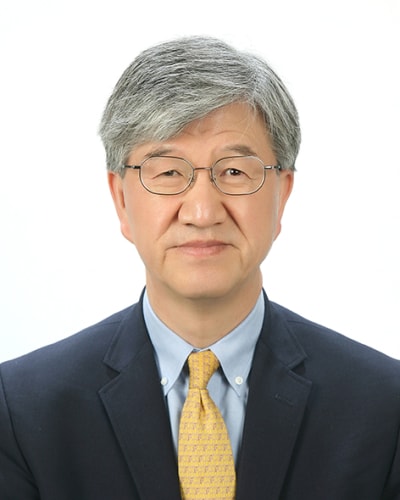
Sam Oh
Sungkyunkwan University
Sam Oh is the current executive director of DCMI, professor emeritus of Sungkyunkwan University Korea, affiliate professor at University of Washington, Seattle USA. His expertise includes data modeling, metadata and ontology design. He has consulted many companies and government sectors in Korea. He served as a past chair of iSchools and now is the iSchool ambassador. He is the chair of TC46/SC4 (Technical Interoperability), also chaired both TC46/SC9 (Identification & Description) for 6 years and ISO/IEC JTC1 SC34 (Document Description and Processing Languages) for 9 years.

